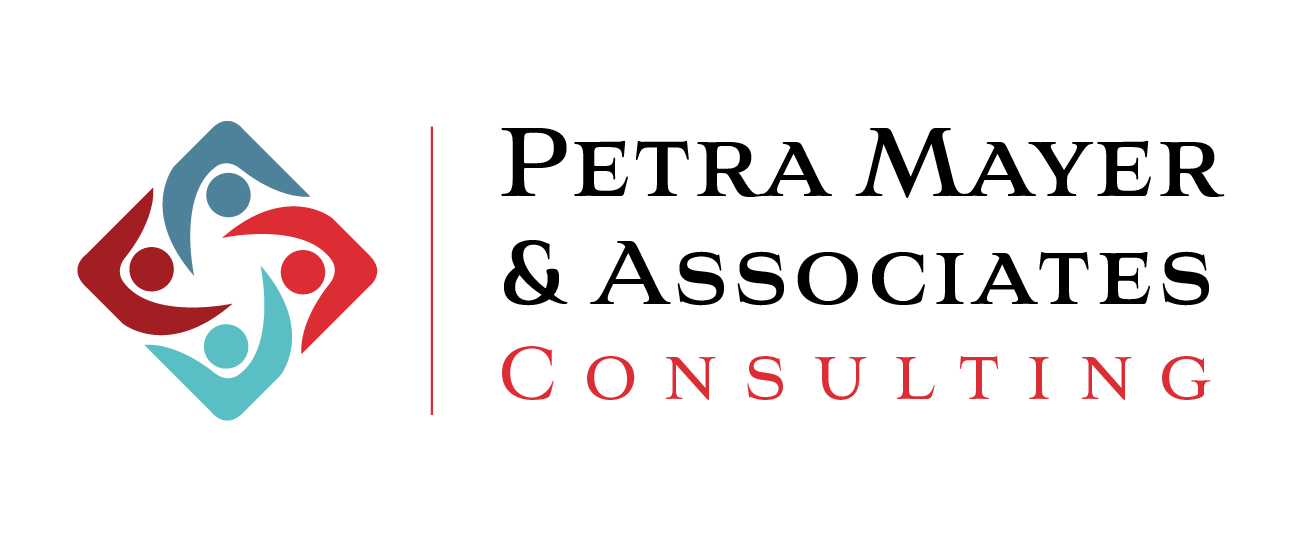This case study highlights the development of an elearning module for the oneworld Alliance in 2008, aimed at educating airline staff and travel agents about the alliance and its benefits. The interactive, Flash-based module allowed users to learn at their own pace, offering a fun, engaging experience with quizzes and certificates of completion. The training successfully increased knowledge about the alliance among thousands of travel agents and airline staff.
Transcription
This is an elearning case study for the oneworld Alliance.
The situation
During my role as an Ecommerce manager for the oneworld management company, the company that manages the Alliance around British Airways and American Airlines.
I was in charge of delivering an online training project. This was in 2008. And we chose to outsource this to a developer in India.
The target audience for this training was staff across the oneworld member airlines, and travel agents. The purpose was to increase the knowledge about the alliance and its benefits.
The objectives for the project
- Provide information about the Alliance, customer benefits, and the products that the Alliance had to offer beyond what the airline’s offered individually
- Present information in a fun and engaging way. We wanted to make sure that the training module worked across the different national cultures that our airline members represented.
- Provide tracking of users and their scores, and allow users to print their certificates of progress. This was particularly important with regards to the airline staff.
My role
My role was the role of an E commerce manager at the oneworld management company. First, I started with the internal needs analysis, and that included also the needs of the airlines.
We went through an RFP process and contracting, I delivered the concept for the module and worked with the developer throughout the whole project as a project manager, I created the content and ultimately tested the training module did the rollout and the maintenance over the years to come.
The process
This was our development process. We started with an RFP process and went to contract then delivered a concept. We went into project planning and development, and then ultimately testing rollout and maintenance.
I covered this whole development process as the first point of contact.
The execution was a flash based user control training module that allowed the user to progress through the learning in an interactive way. They could choose the sequence in which they viewed the elements and this made the activity fun and engaging.
The basic concept was based on a tourism brochure, or a stack of tourism brochures, something that you would expect to see at a travel agency. Each airline was represented with a brochure highlighting their home city or country. Each lesson had questions about the destinations and the airlines network.
The user had to interact with a module to encourage experiential learning. They received immediate feedback on their choices and were able to make adjustments.
The purpose was not to test the user but to provide a fun learning environment. At the end of each module, there were summary pages to reiterate the learning messages. And a quiz also helped to reinforce learning further. Completion of the quiz was required to get the certificate.
The outcome
Thousands of travel agents and airline staff enjoyed the oneworld training and increased the knowledge about the airlines during the period that this training module was available online.
